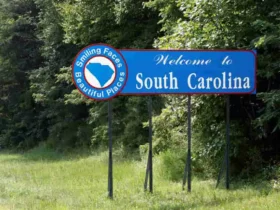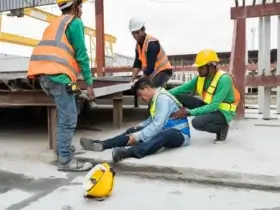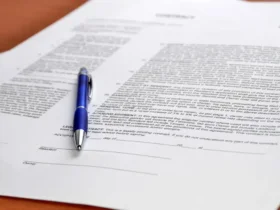Important: We updated this article in May 2023 to ensure all the information below is both current and correct. State law outlines who gets Massachusetts workers’ compensation benefits and how the process works. If you’re a Bay Stater who experienced an accident or illness on the job in the Commonwealth, you should focus on feeling better ― not feeling anxious about the claims process.
We’ve gathered the information you need to get the workers’ comp benefits you deserve.
Massachusetts Workers’ Compensation Eligibility
Nearly all workers in this state have Massachusetts workers’ compensation coverage the day they start their jobs. This typically covers part-time, full-time, temporary or seasonal workers, and even some independent contractors.
Find out more about how to qualify for workers comp benefits.
There are some exceptions from this mandatory insurance coverage, though:
- Domestic workers employed less than 16 hours each week
- Sole proprietors of unincorporated companies
- Realtors that work in commission-only sales positions
- Drivers that pay fees to lease their taxis, in some cases
Important: State rules don’t cover federal employees. Learn how to file a federal claim.
How to File Your Massachusetts Workers’ Compensation Claim
Every case is different, but here’s the Massachusetts Department of Industrial Accidents’ standard process for filing workplace accident claims:
- Report your work-related injury or illness to your supervisor and seek treatment. The statute of limitations says you must file your claim within 4 years of your accident to qualify for benefits. Important: Get treatment immediately if you require emergency or urgent care. Tell the doctor your case is work-related, and keep all receipts and bills. See what a Massachusetts workers’ compensation doctor can do for you.
- Know your rights. If you’re out of work for fewer than 5 days, your employer files a medical-only claim. This means you’re reimbursed for medical expenses, but not for lost wages. If you miss at least 5 full or partial work shifts, your employer must notify the Department of Industrial Accidents (DIA) within 7 days. Unless you miss at least 21 days of work, those first missed work shifts count as unpaid time off. Important: Make sure they file Form 101, Employer’s First Report of Injury or Fatality with the DIA as well as their insurer.
- Wait for a decision. Your employer’s insurer has 14 days from the Form 101 filing date to either approve or deny your claim. If approved, expect your first lost-wage payment about 3 to 4 weeks after your accident.
- Take action if your claim’s denied. You should get a certified denial letter explaining why your case was rejected. Contact the DIA to appeal and schedule a Conciliation meeting. Important: According to the DIA, insurers and employers dispute about half of all Massachusetts workers’ compensation claims. If yours is one of them, then we strongly recommend hiring a Massachusetts workers’ compensation attorney to help you.
For more information, read the Injured Workers’ Guide to Workers’ Compensation.
What You Need to Know About Massachusetts Workers’ Compensation
The Federal Bureau of Labor Statistics analyzes workers’ comp data on most U.S. states and territories. The total number of recordable cases in the Commonwealth fluctuated wildly since 2017, rising from 73,800 to 89,500 in 2018 before plummeting to 69,400 in 2020 (likely driven by COVID lockdowns). Cases returned to pre-COVID levels in 2021, with 73,600 cases reported. Claims filed by employees in the service-providing industries were less erratic, dropping from 54,700 in 2017 to 48,300 in 2021.
Interestingly, the number of employees who missed work, transferred jobs, or received restrictions rose continuously over the period, from 40,200 in 2017 to 46,300 in 2021.
Free Legal Assistance With Your Workers’ Comp Case
With almost half of all claims rejected, the DIA recommends working with an experienced workers’ comp attorney. These specialists typically work on a contingency basis, which means you pay nothing unless you win a cash settlement. Then, you only pay a reasonable, one-time fee if your case is successful. Important: You can get free, confidential claim assistance.
Ready to see if you qualify? Click the button below to sign up for a free phone call during regular weekday business hours:
Get Your Free Benefits Evaluation
Margot Lester is the CEO of The Word Factory, a B2B & B2C content marketing agency that provides services for Fortune 100 brands, healthtech companies and SaaS developers. An award-winning business and brand journalist, she writes for daily and weekly newspapers and business journals, national magazines, in-flight publications and leading websites. Margot is also an in-demand writing coach and organizational communications trainer, helping individuals and teams write more effectively. Twitter/X: @word_factory LinkedIn: linkedin.com/in/margotlester.


















